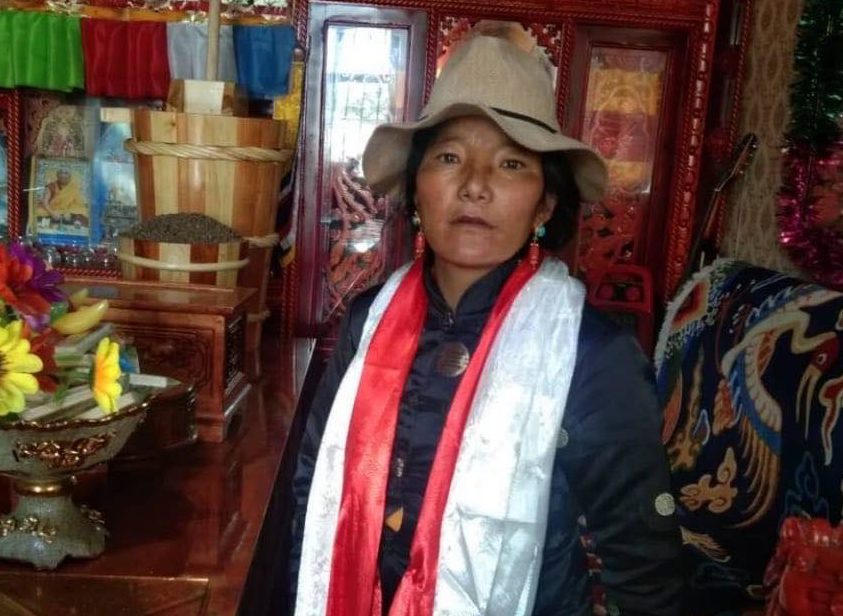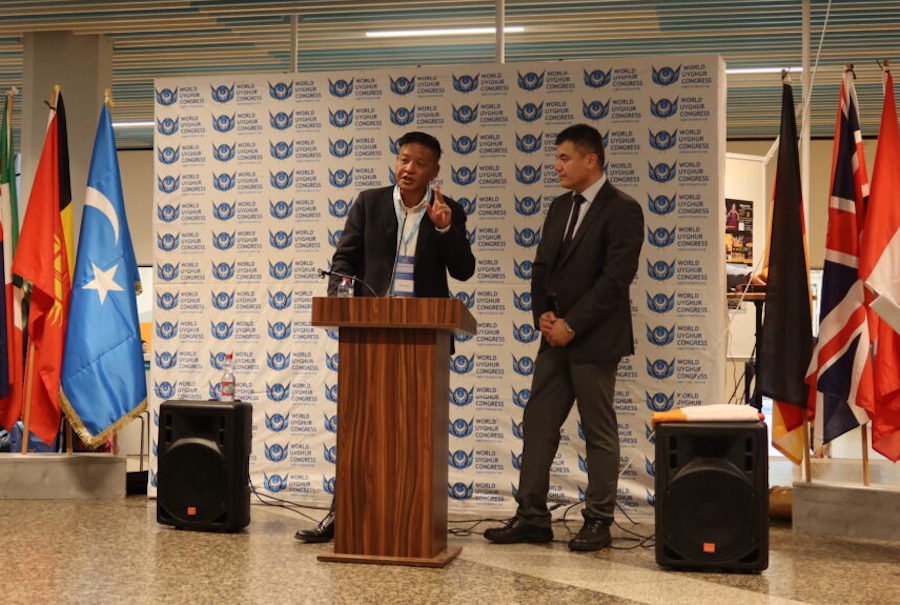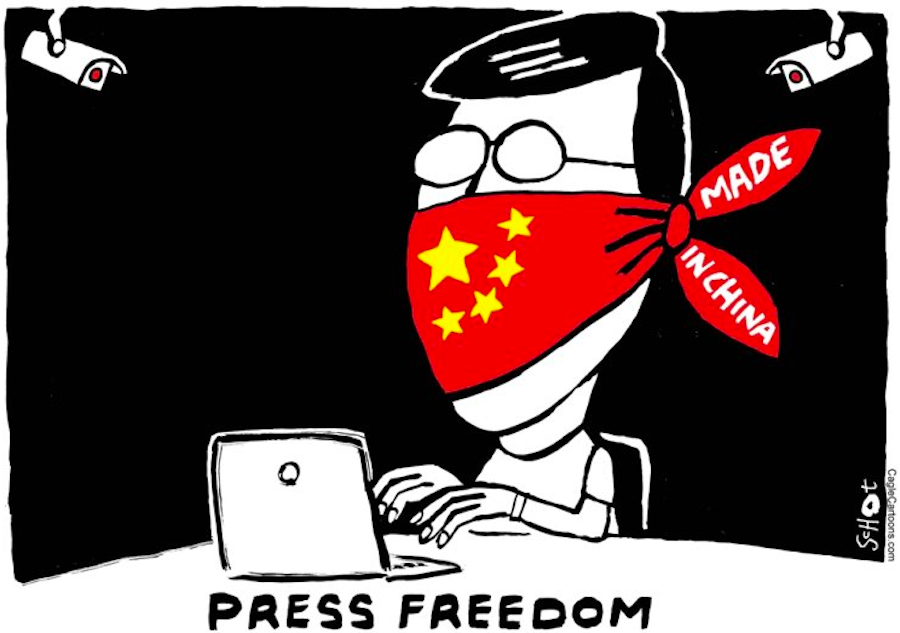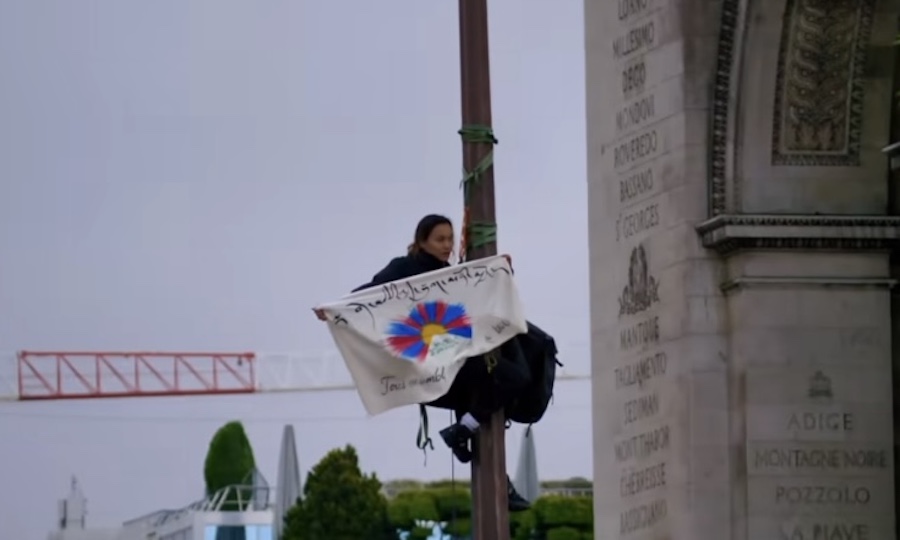By Tenzin Dharpo
DHARAMSHALA, Aug. 18: A Tibetan woman who was jailed last year for sharing the information of her nephew’s arrest has reportedly been released in poor health following harsh physical labor in Chinese prison.
Dolkar was released days ago on August 15, 2020 in poor health with wounds on all her limbs, according to a source cited by Voice of Tibet on Tuesday. She has reportedly been treated for wounds that has been infested with pus, indicating lack of medical attention after injuries sustained through long and harsh physical labor, commonly practiced in Chinese gulags across Tibet.
Dolkar was charged with sharing state secret and causing social instability by the Sershul (Chinese: Shiqu) County People’s Court in Kardze (Ganzi) prefecture, Sichuan Province on May 8, 2019 and sentenced to a year and three months in prison. She was suspected of sharing the information of her nephew Wangchen’s arrest outside Tibet. Both of them are residents of Sershul county in Kardze prefecture.
Wangchen was sentenced to four and a half years by the same court after he and his friends were arrested for raising prayer flags on the hillside of Sershul Monastery and shouting slogans demanding the release of the Panchen Lama, a revered Buddhist figure and reunification of the Dalai Lama and Panchen Lama in Tibet. There is no information at the moment about his condition of whereabouts.
Dolkar who despite completing her sentence, sources said, is being strictly monitored with instructions to not communicate and limited movement, resembling her status to house arrest.
Former political prisoners are subjected to a life of abandonment by the Chinese government with difficulty in movement within Tibet, denial of basic subsidies and facilities, denial of government jobs and even denial of admission in school for their children in some cases.










